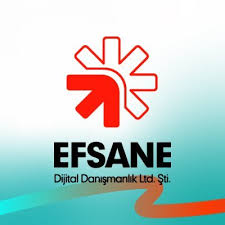

Renowned religious leader Prophet Ebenezer Opambour Yiadom has found himself embroiled in a heated exchange with prominent broadcaster Afia Pokua, known professionally as Vim Lady. The confrontation stems from divergent views on the government’s proposed Ghana Card credit scoring system.
The dispute originated during a recent fellowship service in Kumasi, where John Dramani Mahama, the NDC flagbearer, met with religious leaders. During this gathering, Prophet Opambour, also known as Prophet 1, voiced skepticism about Vice President Dr. Mahamudu Bawumia’s proposal to use the Ghana Card as a basis for vehicle purchases through a credit scoring system. His criticism of the initiative drew sharp rebuke from Vim Lady, who defended the policy by comparing it to successful European identification systems.
The media personality’s characterization of the prophet’s understanding as “shallow-minded” appears to have struck a particularly sensitive chord. In response, Prophet Opambour issued an ultimatum, threatening spiritual consequences if further criticism were to come from the broadcaster. His warning, captured in a viral video, extended beyond immediate consequences to include potential effects on “unborn children,” highlighting the intense nature of the disagreement.
This confrontation reflects broader tensions in Ghana’s political landscape, particularly regarding the implementation of national development initiatives. Prophet Opambour used the platform to question other government promises, including the “One District, One Factory” policy, suggesting that unfulfilled past promises make him skeptical of new proposals. His concerns mirror wider public debate about the practical implementation of government policies and their impact on Ghanaian society.
The incident underscores the complex intersection of media, religion, and politics in Ghana’s public sphere, where discussions about national development often involve various stakeholders with differing perspectives and approaches to public discourse. As the deadline for Prophet Opambour’s ultimatum approaches, the situation remains a telling example of how policy debates can escalate into personal confrontations in Ghana’s vibrant public space.






